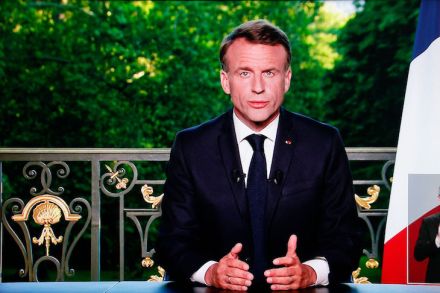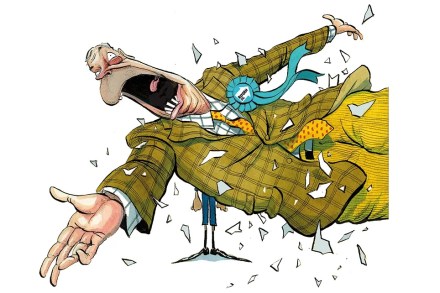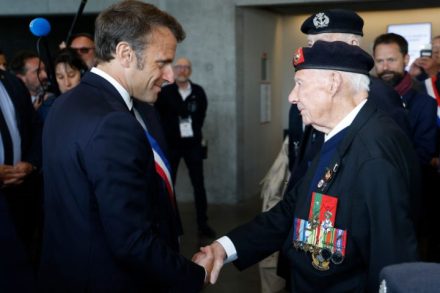How France’s shy Le Pen voters caused a political earthquake
Emmanuel Macron visited Oradour-sur-Glane on Monday to mark the 80th anniversary since the village in central France was liquidated by SS troops. Laying a wreath at the site where 643 Frenchmen, women and children were massacred, the president of the Republic declared that: ‘We will remember Oradour, always, so that history never starts again’. That was a veiled reference to the success of Marine Le Pen’s National Rally, which crushed the opposition in Sunday’s European elections. In 96 of France’s 101 Departments, the National Rally – led by Jordan Bardella – came out top, and their triumph in France’s towns and villages was overwhelming. Villages such as the rebuilt Oradour sur






















